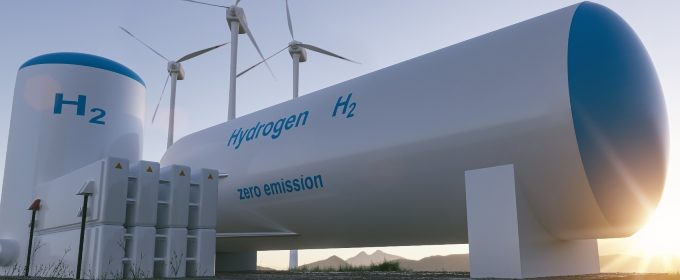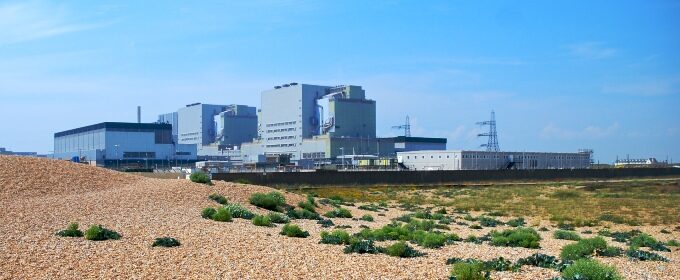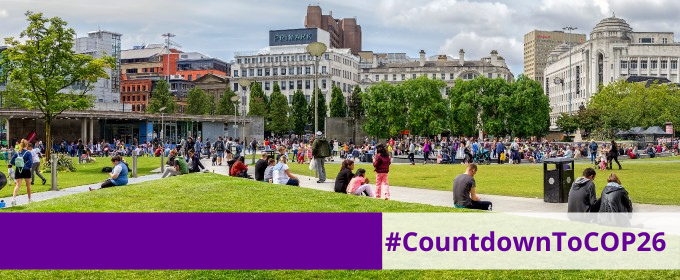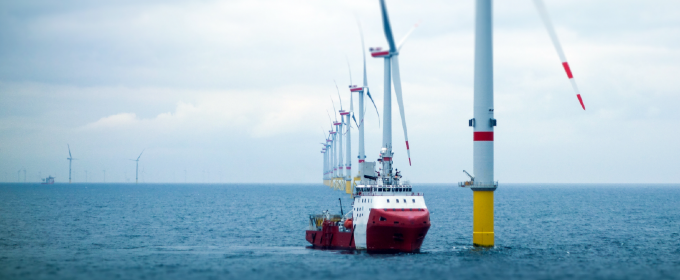The Department for Transport (DfT) recently released their long-awaited Decarbonising Transport plan. In this blog, Dr Cristina Temenos and Dr Joe Blakey outline how its technologically-optimistic vision risks locking in high-carbon futures, overlooking transport inequalities, and opportunities for joined-up thinking and the precautionary principle. DfT’s Decarbonising Transport Plan makes some welcome proposals, but it is […]









